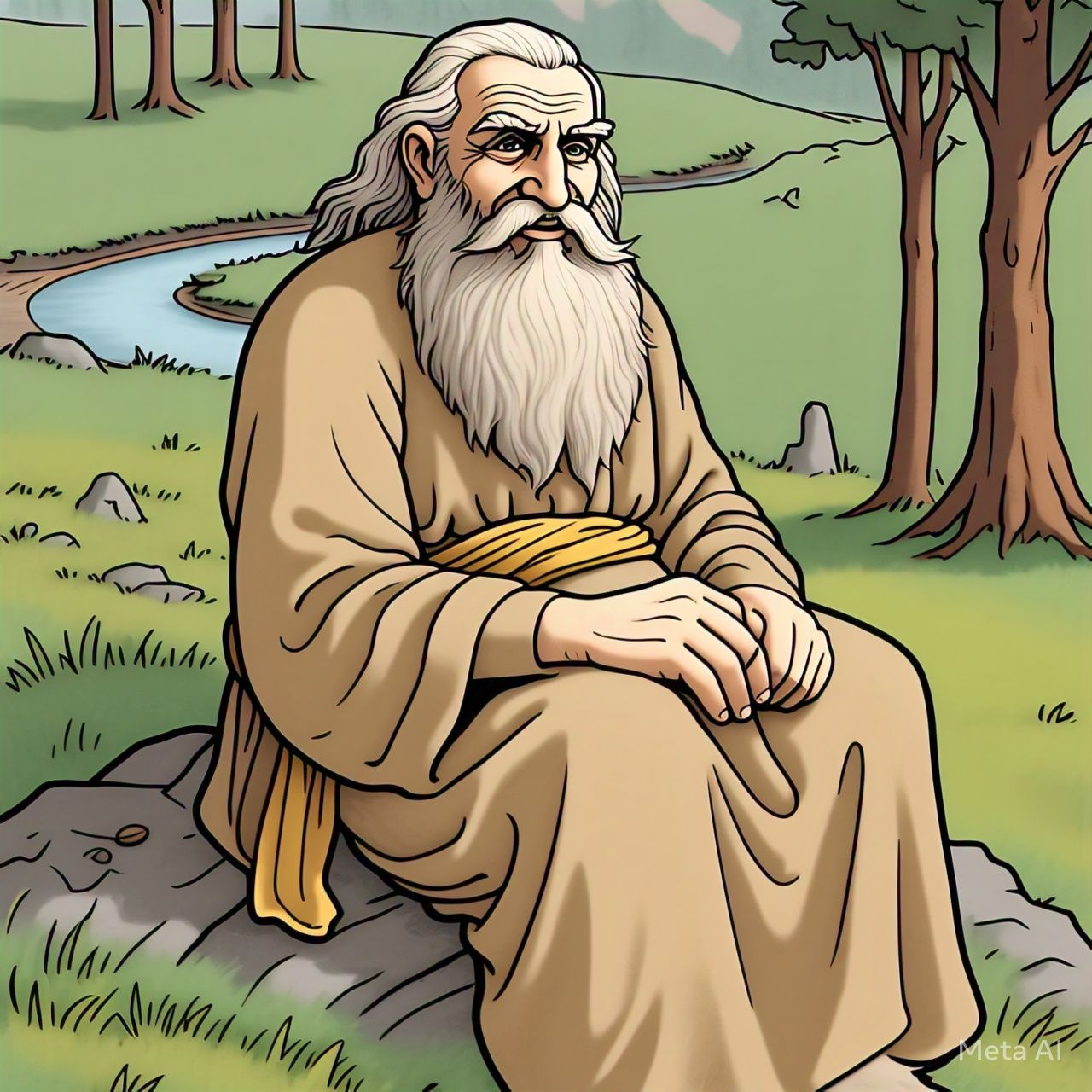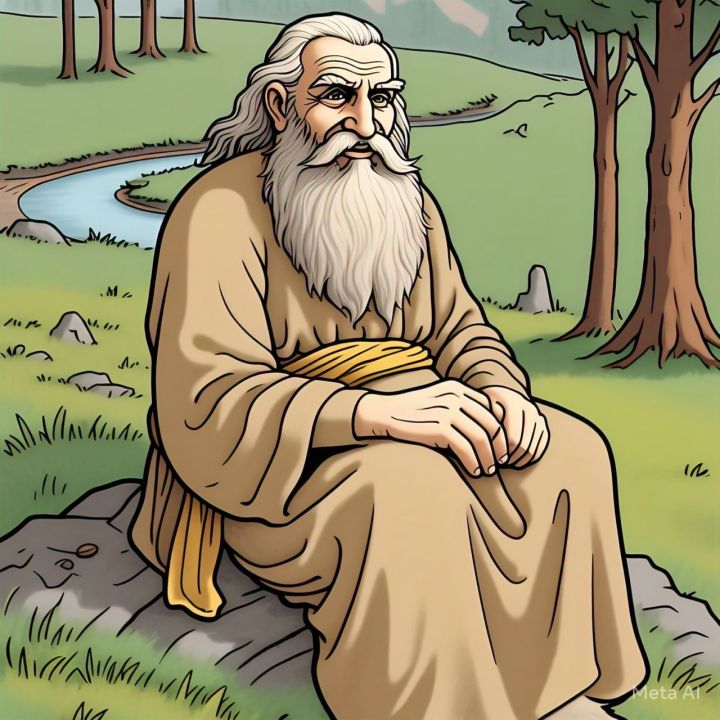Libertarianism is a political philosophy centered on individual liberty, limited government, and free-market capitalism. As a growing movement with global relevance, libertarianism attracts those who value personal responsibility, voluntary association, and minimal state interference. This comprehensive, SEO-optimized article explores the foundations of libertarianism, its historical development, key thinkers, core beliefs, criticisms, and its role in today’s political landscape.
What is Libertarianism?

Libertarianism: Principles, Evolution, and Modern Relevance
Libertarianism is a political ideology that champions personal freedom and autonomy. It asserts that individuals have the right to live their lives as they see fit, as long as they do not infringe upon the rights of others. The government’s role, according to libertarians, should be restricted primarily to protecting individual rights—such as life, liberty, and property.
Core Principles of Libertarianism:
- Individual Liberty: The highest political value; people should be free to make choices about their lives.
- Limited Government: Government should have minimal involvement in personal and economic matters.
- Free Markets: Economic exchanges should be voluntary and free from government intervention.
- Rule of Law: Laws should be clear, publicized, and applied equally to all.
- Non-aggression Principle (NAP): The initiation of force is morally wrong; force is only justified in self-defense.
A Brief History of Libertarianism
Origins in Classical Liberalism
Libertarianism traces its roots to classical liberalism, a political ideology that emerged during the Enlightenment. Thinkers such as John Locke, Adam Smith, and John Stuart Mill laid the groundwork for individual rights, private property, and limited government.
The 20th Century Rise
In the 20th century, libertarianism gained traction in response to the rise of totalitarian regimes and expansive welfare states. Intellectuals like Friedrich Hayek and Ludwig von Mises warned against government overreach and championed the free market as a solution to economic and social issues.
Modern Libertarian Movement
The modern libertarian movement began to coalesce in the 1960s and 70s, with the formation of organizations such as the Cato Institute and the Libertarian Party in the United States. Thinkers like Murray Rothbard and Robert Nozick expanded the philosophical and economic foundations of libertarianism.
Key Thinkers in Libertarianism
John Locke
Often considered the father of liberalism, Locke advocated for natural rights and the social contract. His ideas deeply influence modern libertarian thought.
Adam Smith
In his seminal work, “The Wealth of Nations,” Smith argued for free-market capitalism and the “invisible hand” that guides economic prosperity.
Friedrich Hayek
Hayek warned against centralized planning and argued that decentralized markets better utilize information and resources.
Murray Rothbard
A founder of anarcho-capitalism, Rothbard promoted a stateless society governed entirely by private contracts and voluntary associations.
Ayn Rand
Though not a libertarian herself, Rand’s philosophy of Objectivism—emphasizing rational self-interest and individual rights—resonates with many libertarians.
Different Strains of Libertarianism
Minarchism
Minarchists advocate for a minimal state, limited to protecting individuals from aggression, theft, breach of contract, and fraud.
Anarcho-Capitalism
Anarcho-capitalists seek the complete elimination of the state, proposing a society governed entirely by private law and market institutions.
Left-Libertarianism
This branch emphasizes both personal and economic freedom, while critiquing inequality and advocating for decentralized forms of social cooperation.
Libertarian Socialism
Though less common, libertarian socialists oppose state power and capitalism, supporting voluntary and cooperative forms of organization.
Libertarianism in Practice
Economic Policy
Libertarians typically support:
- Low or no taxes
- Deregulation
- Free trade
- Privatization of public services
Civil Liberties
Libertarians advocate for:
- Freedom of speech
- Drug decriminalization
- Gun rights
- Privacy and opposition to mass surveillance
Foreign Policy
Most libertarians favor non-interventionism, opposing wars and foreign entanglements unless directly related to national defense.
Criticisms of Libertarianism
Inequality Concerns
Critics argue that unfettered markets can lead to vast economic inequality and social injustice.
Public Goods and Services
Libertarianism is often criticized for underestimating the importance of public goods, such as infrastructure, education, and healthcare.
Environmental Issues
Some claim libertarianism lacks adequate tools to address collective problems like climate change.
Practical Implementation
Skeptics question whether a society with minimal or no government can function effectively, particularly in crisis situations.
Libertarianism Around the World
United States
The U.S. has a strong libertarian tradition, with the Libertarian Party being the third-largest political party. Prominent figures include Ron Paul, Rand Paul, and Gary Johnson.
Europe
Libertarian parties and movements exist in the UK, Germany, and other European countries, though they remain relatively small.
Latin America
Libertarian ideas have gained popularity among youth in countries like Argentina, where economic crises have led to skepticism of government intervention.
Asia and Africa
In these regions, libertarianism is emerging slowly, often driven by think tanks and grassroots movements advocating for free markets and individual rights.
Libertarianism in the Digital Age
The internet has played a crucial role in spreading libertarian ideas. Social media, podcasts, YouTube channels, and blogs help disseminate content and connect like-minded individuals. Cryptocurrency and blockchain technology also reflect libertarian ideals by promoting decentralized, trustless systems.
The Future of Libertarianism
As the world becomes increasingly interconnected and technology evolves, libertarianism faces both opportunities and challenges. On one hand, digital tools empower individuals and reduce dependence on the state. On the other, global crises such as pandemics and climate change prompt calls for coordinated, government-led solutions.
Key Trends to Watch:
- Growth of digital libertarian communities
- Debates over data privacy and digital rights
- Challenges posed by authoritarian governments and surveillance
- Innovations in decentralized finance and governance


